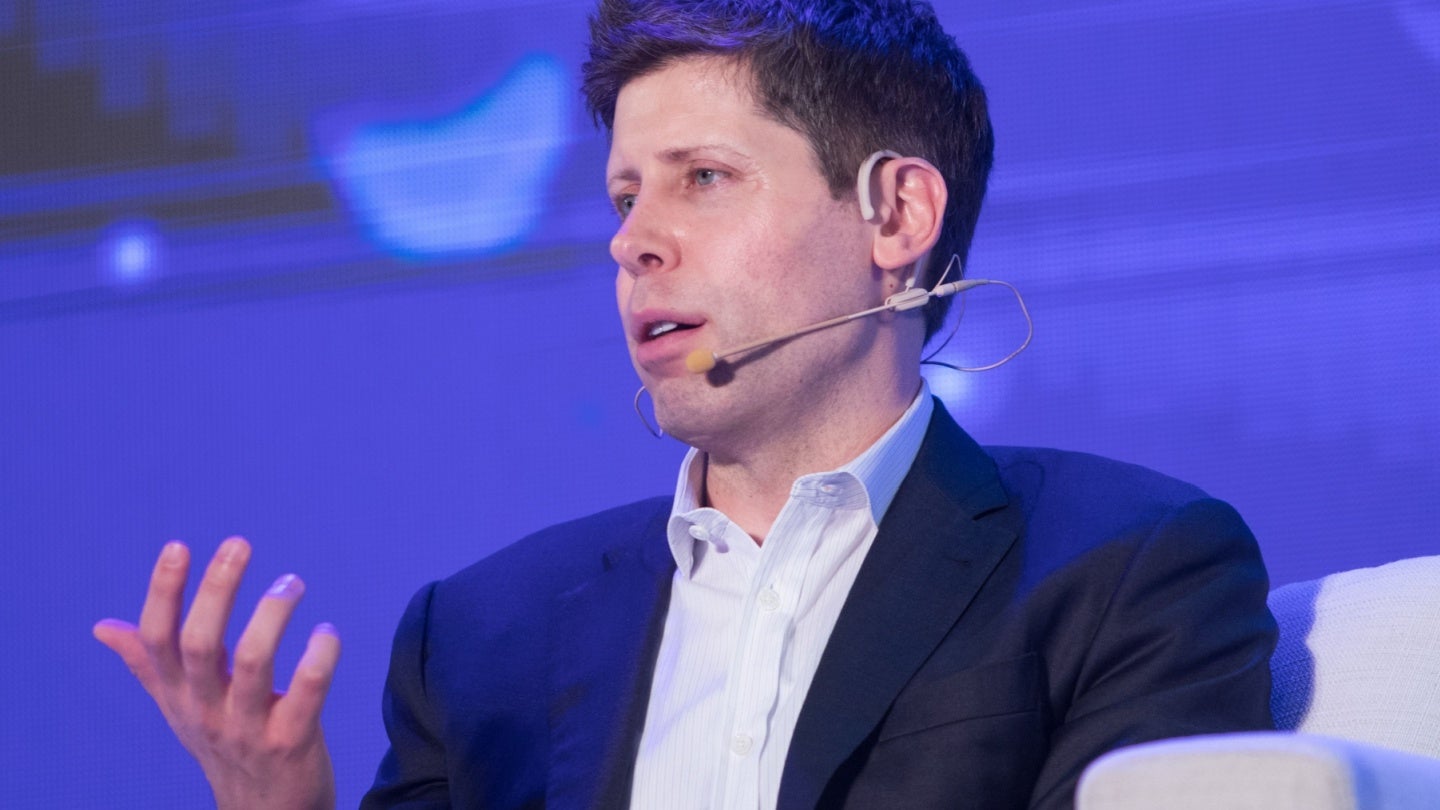
The startup behind ChatGPT, OpenAI, has formed a safety committee ahead of training its biggest AI model yet.
OpenAI announced today (28 May) via a blog post that its CEO Sam Altman and Chair Bret Taylor would form a Safety and Security Committee alongside Adam D’Angelo and Nicole Seligman.
Seligman joined OpenAI’s board in March 2024 and serves as the director of Intuitive Machines, a space exploration company.
OpenAI’s in-house safety and policy specialists, such as chief scientist Jakub Pachocki and head of safety systems Lilian Weng, will also be part of the committee.
OpenAI stated that its committee would help inform safety and ethical decisions ahead of its progress towards artificial general intelligence (AGI).
AGI is a theoretical form of AI where its knowledge surpasses that of a human.
The Safety and Security Committee’s first task will be to expand OpenAI’s safeguarding procedures. Over the next 90 days, it will be required to make amendments to OpenAI’s current procedures, which will then be posted publicly.
OpenAI clarified that it would continue consultations with external cybersecurity experts.
It currently works with Rob Joyce, who previously acted as the cybersecurity director of the US National Security Agency, and John Carlin who has worked at the US’ Department of Justice.
According to research and analysis company GlobalData’s executive briefing on AI, the global AI market is set to exceed $1,037bn by 2030, achieving a CAGR of 39% from 2023.
In its 2024 tech sentiment polls, over 20% of businesses answered that they already had a high adoption rate of AI into their workloads.
As AI becomes ubiquitous online and in business, countries around the world have rushed to regulate its usage.







